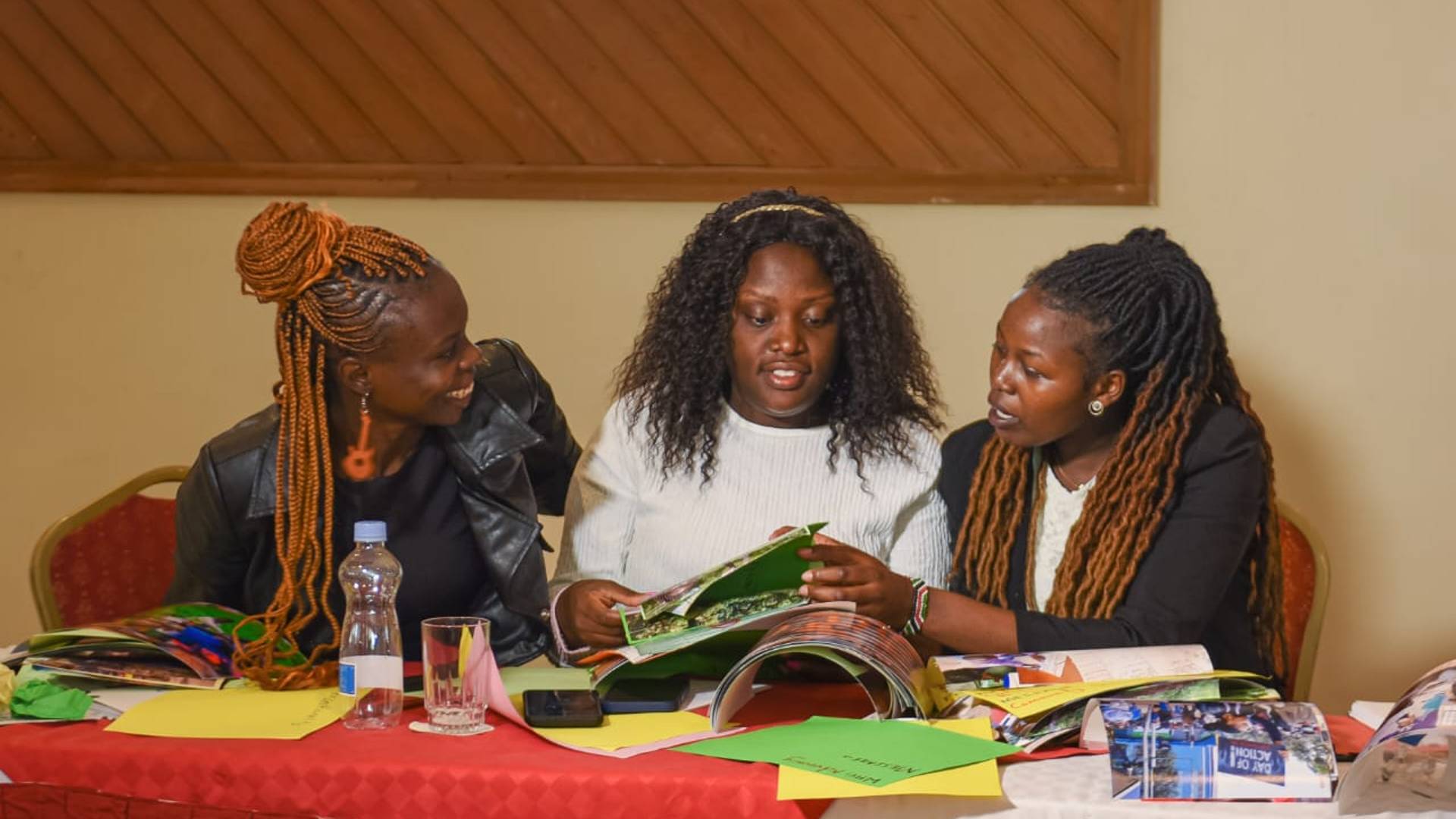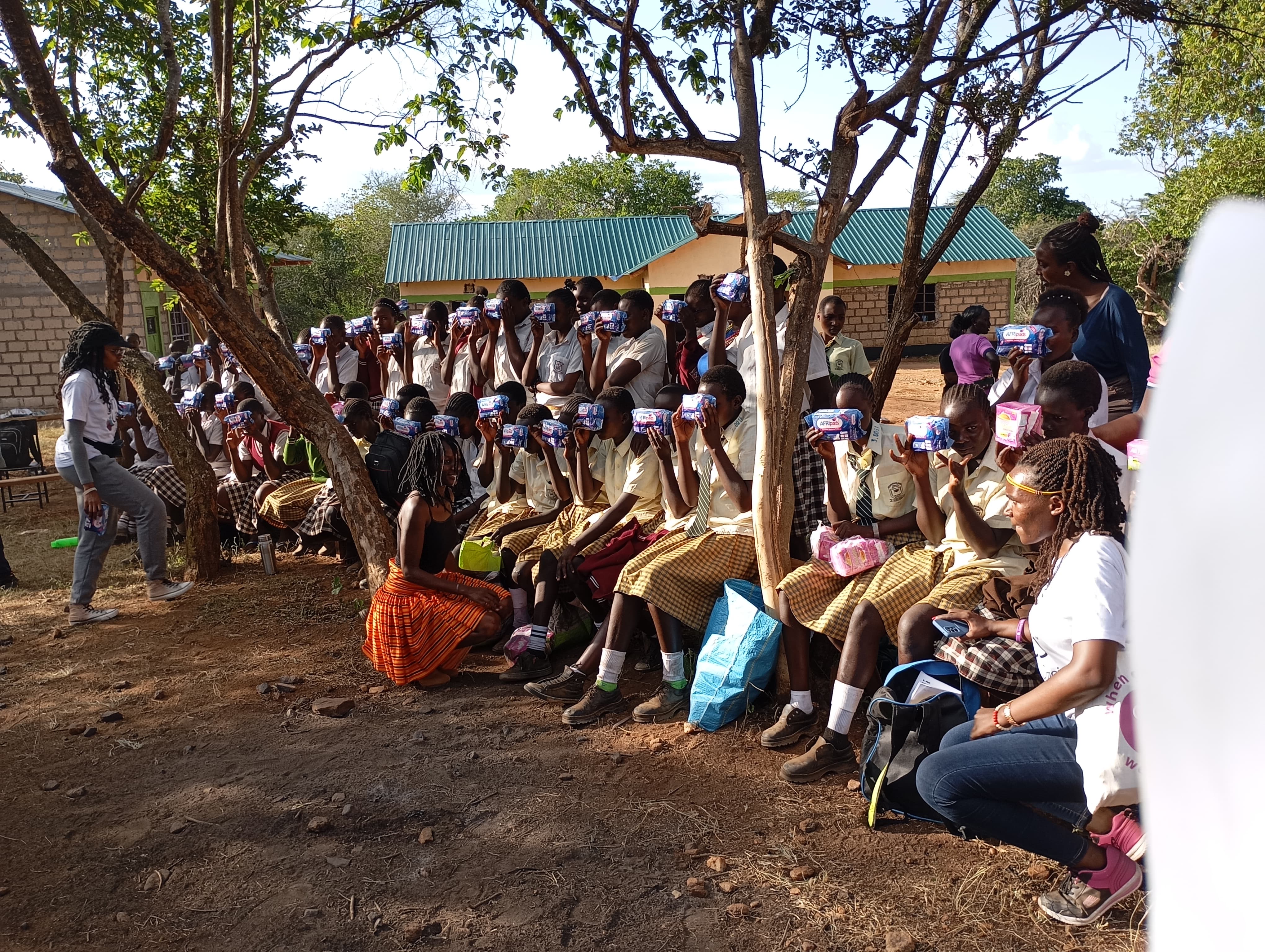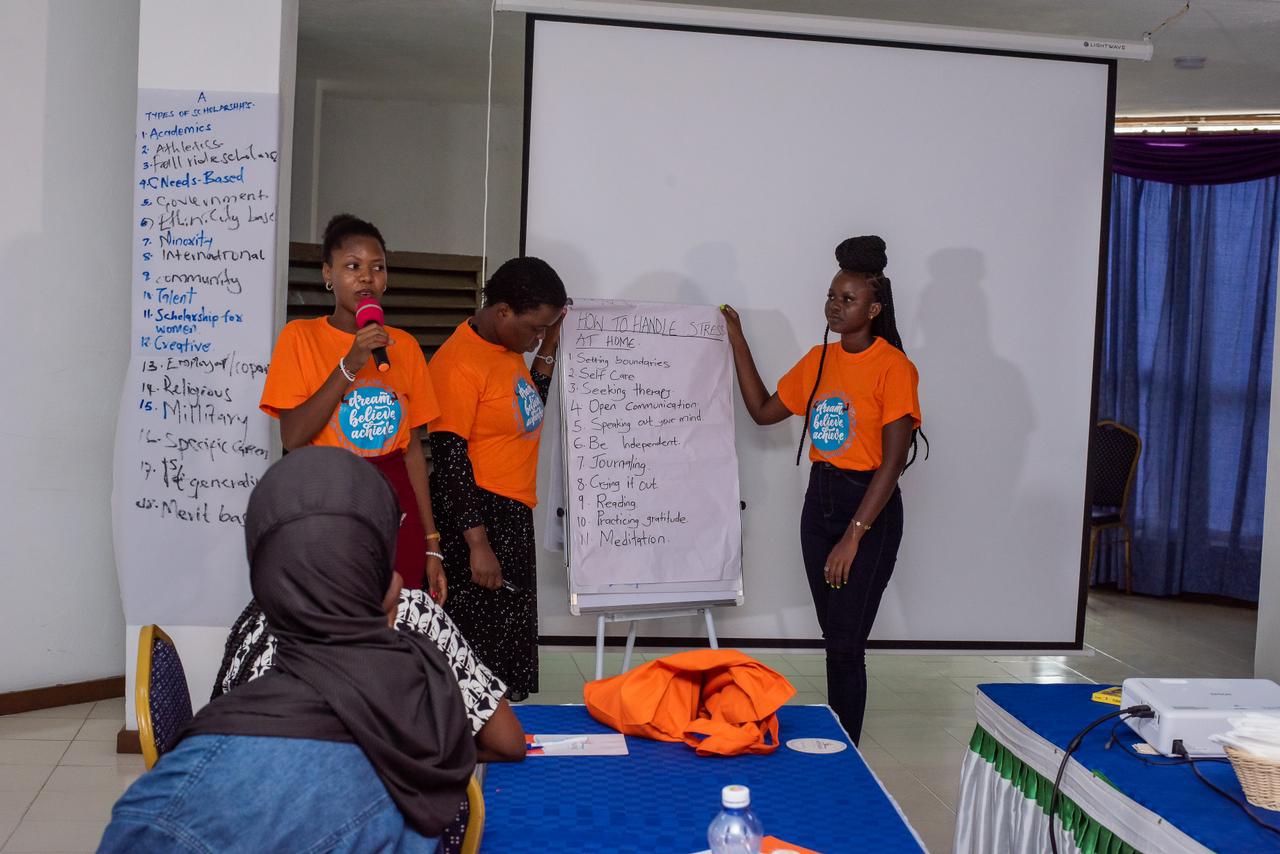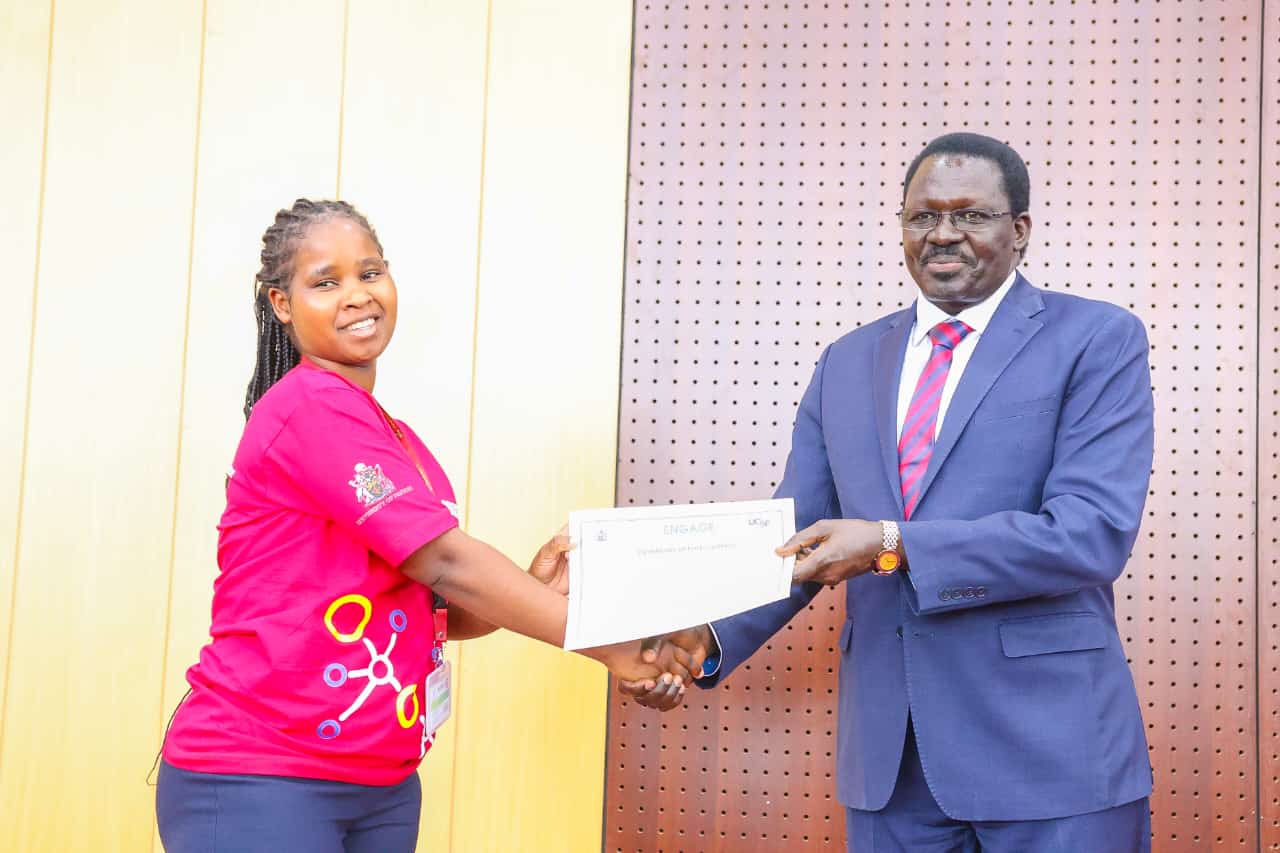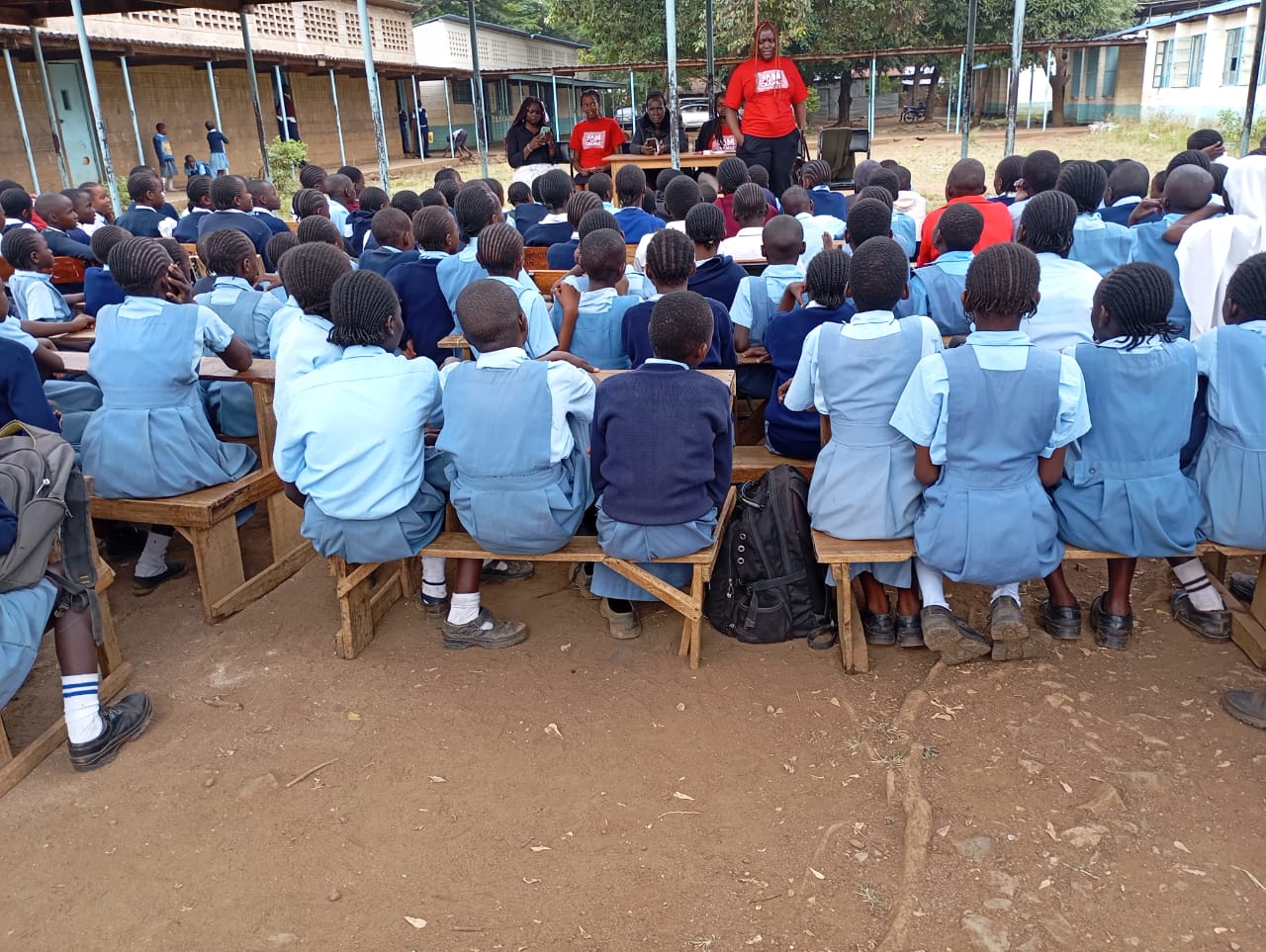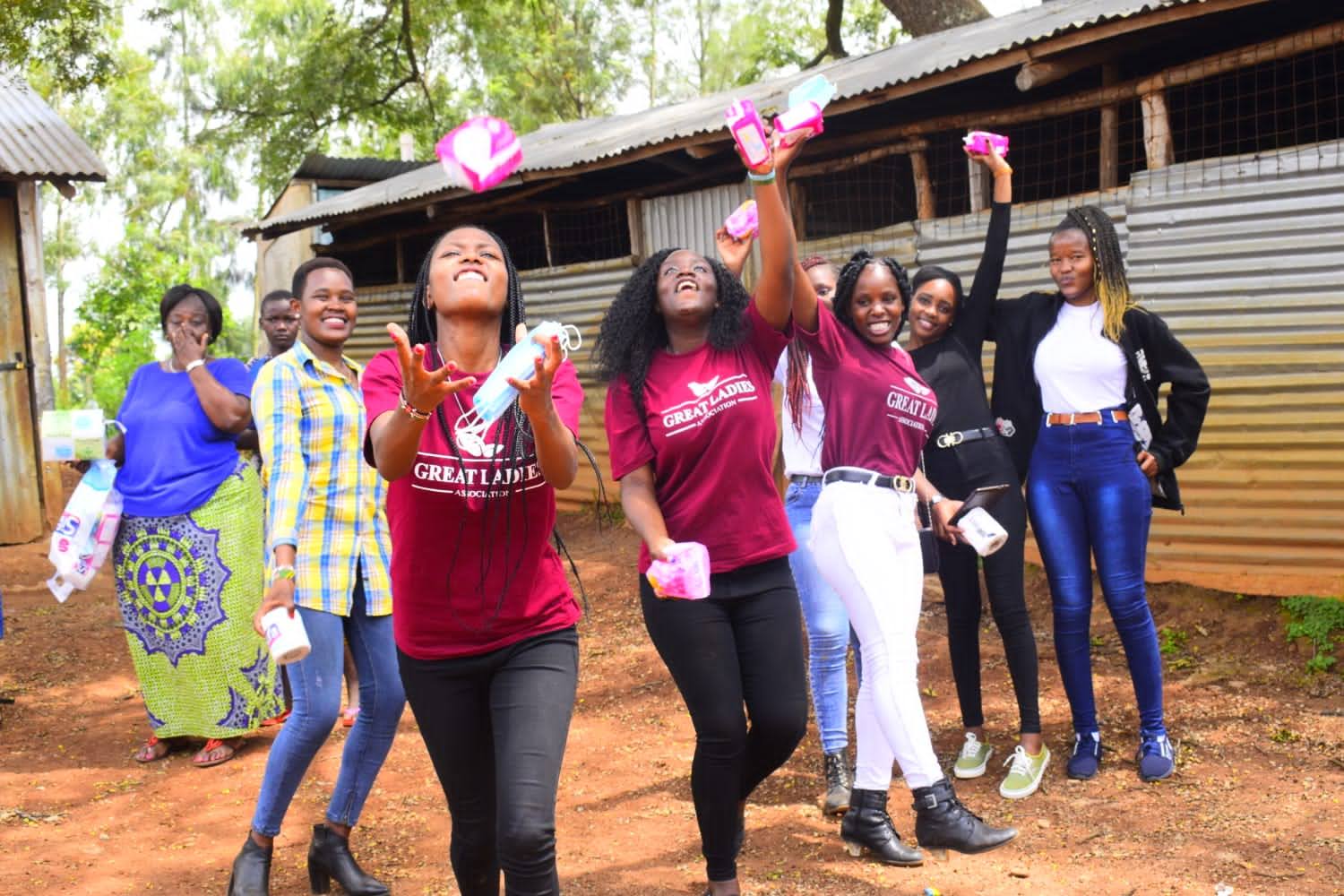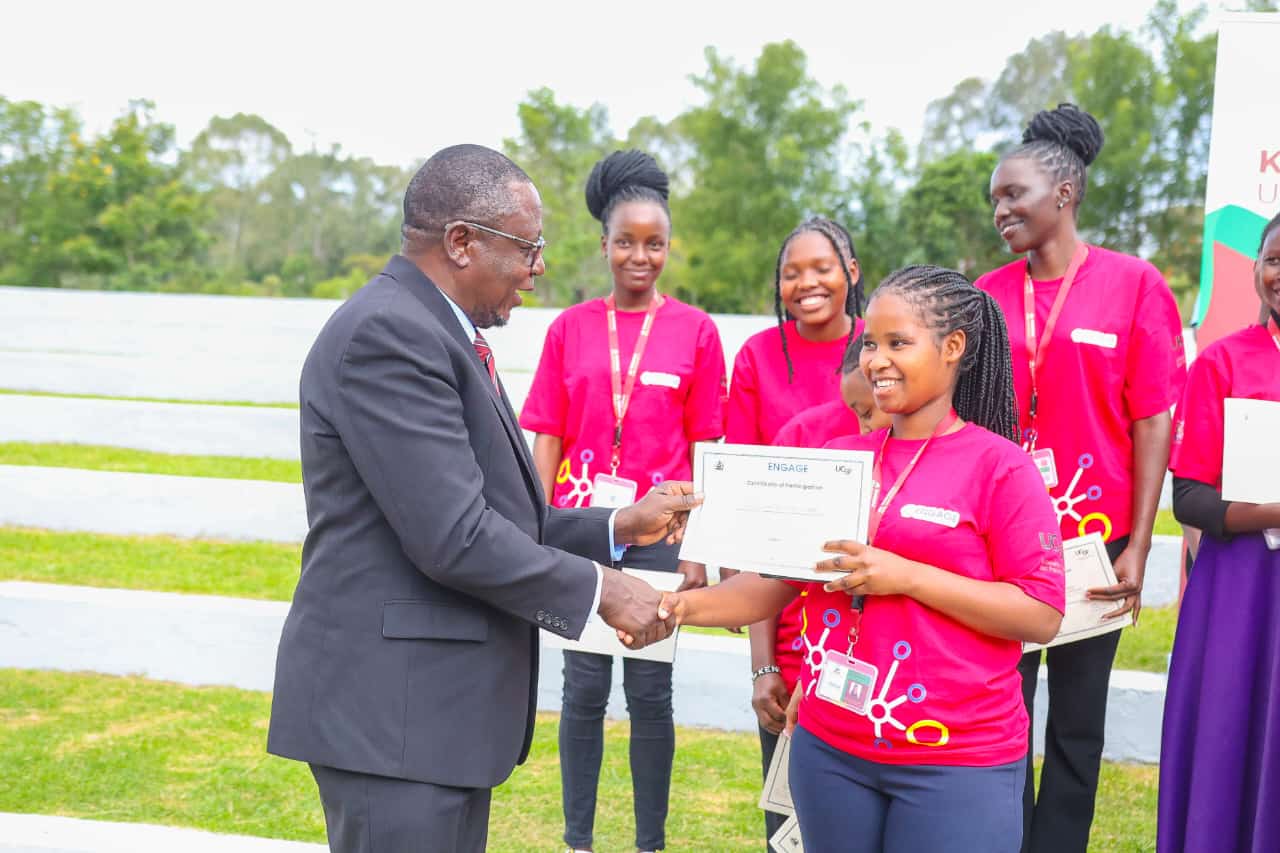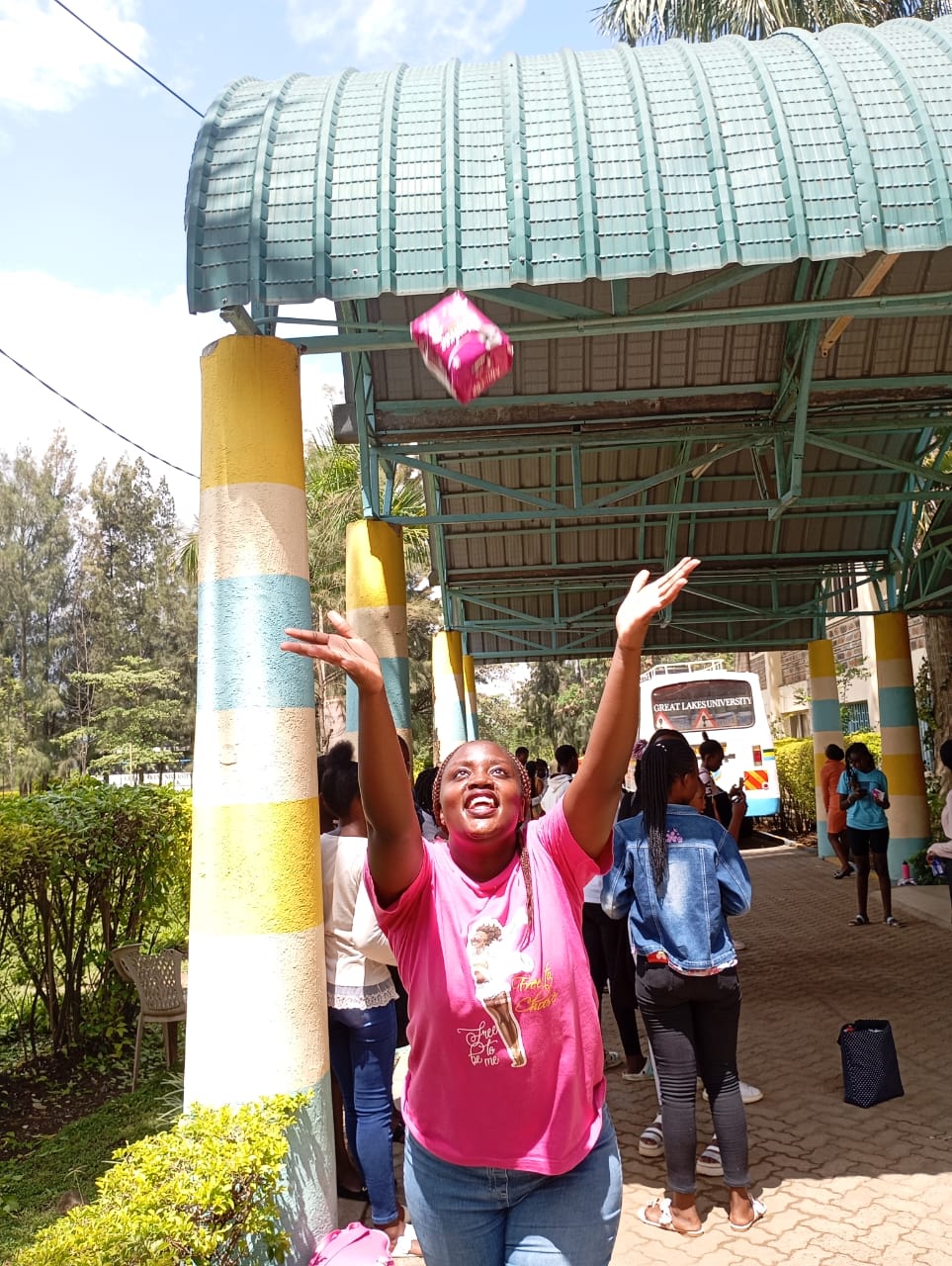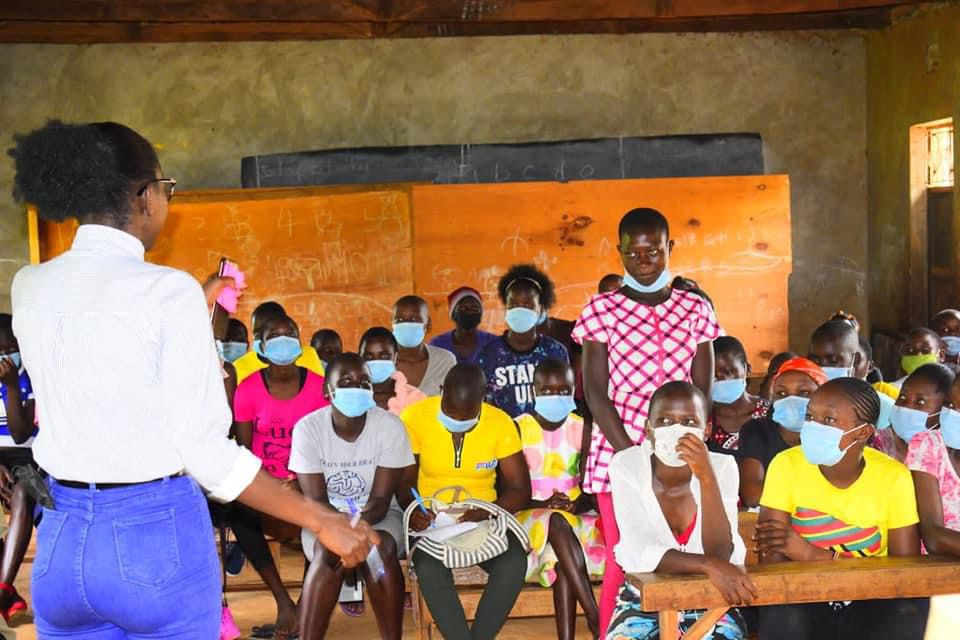According to our monitoring tool, worldwide, 2% of countries restrict the right to education of married, pregnant and parenting girls and women in their legal framework. These countries are located in three different regions. The restrictions could either prohibit them from attending school or sitting an exam, limiting them to attend adult or evening classes, or separating them from their peers and isolating them for fear that they would ‘influence’ other students.
Data demonstrates that secondary school-aged girls are substantially more likely to be out of school when the legal right to education of pregnant and parenting girls is restricted, especially at the upper secondary level. It also follows the general trend, as there are more adolescent out-of-school at the upper secondary level.
62% of countries do not have a legislation that explicitly protect girls’ right to education in case of pregnancy but 33% do have such provisions, which are sometimes very detailed and protective. Latin America and the Caribbean is the region with the most countries that protect explicitly their right to education, followed by Europe and North America and then Africa.
While in 2019, 8 countries were restricting the right to education of pregnant, parenting and married girls in their legislation, four countries in the African region have put an end to such ban, therefore leaving only four countries with an explicit ban.
The following graphics represent the data of indicator 12 of Her Atlas. According to the methodology of HerAtlas, the legislation is considered as explicitly protecting the right to education of pregnant and parenting girls only if there is a provision mentioning expressly pregnancy, parenting and education. Guaranteeing the right to education without discrimination is not considered as an explicit protection for this indicator.
